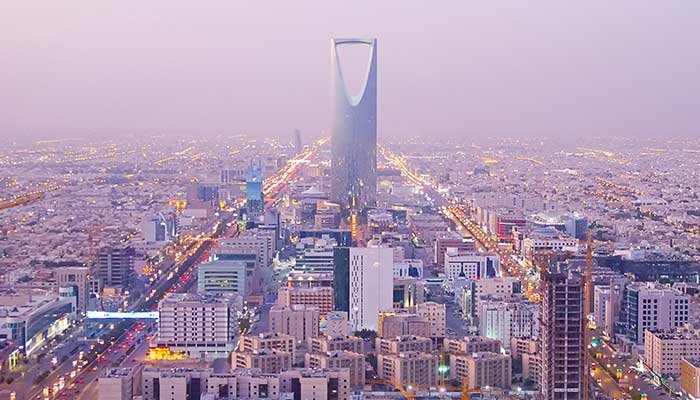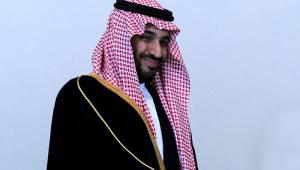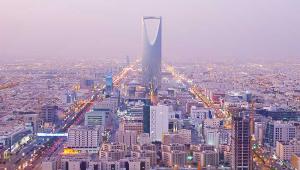web_riyadh_istock-185927876.jpg

Riyadh, the capital of Saudi Arabia.
The cabinet approved plans for the 5% levy on Monday after agreeing to introduce the measure along with its neighbours in the Gulf Cooperation Council last year. Once implemented, VAT will be the first and pretty much only tax paid to the government by ordinary Saudis.
Once flush with oil wealth and known for lavish public spending, Saudi Arabia and the other gulf states have been hit hard by crashing commodity prices.
In 2015, the government in Riyadh ran up a record deficit of $97bn. Ever since, it has undertaken a raft of cuts and other measures to rein in spending and balance the books.
The International Monetary Fund has backed the implementation of the VAT, and called for a suite of actions across the Gulf states to raise revenues and help plug the gap left by dwindling oil revenues.
Members of the GCC, including Saudi Arabia, Oman, Qatar, United Arab Emirates, Bahrain and Kuwait, have agreed to introduce sales tax in their respective jurisdictions by 2018.
The region has also become a hub for investors as nations issue bonds to finance their budget gaps.
In Saudi Arabia, major infrastructure projects have been put on hold, public sector benefits trimmed and funds supporting the heavily subsidised lifestyle many in the country have been accustomed to have been cut. This helped Riyadh bring the budget deficit down to $79bn in 2016.
This year, that is expected to shrink by another 33% to $53bn, still without imposing any tax on Saudi Arabian nationals and residents. There are plans to introduce ‘sin taxes’ for unhealthy goods like tobacco and energy drinks, as well as a small tax on the many foreign nationals living in the Kingdom.
In the wake of the oil price crash, Saudi Arabia also launched a national plan to diversify and wean the economy off its “addiction to oil”.
Despite Riyadh’s efforts, the IMF slashed its 2017 growth forecasts for Saudi Arabia by 1.6 percentage points to 0.4% earlier this month.
It said this was because of an agreement among the world’s major oil producers, including Saudi, to limit production in order to stabilise prices. Saudi Arabia disputes the fund’s estimate and instead predicts growth “north of 1%”.













